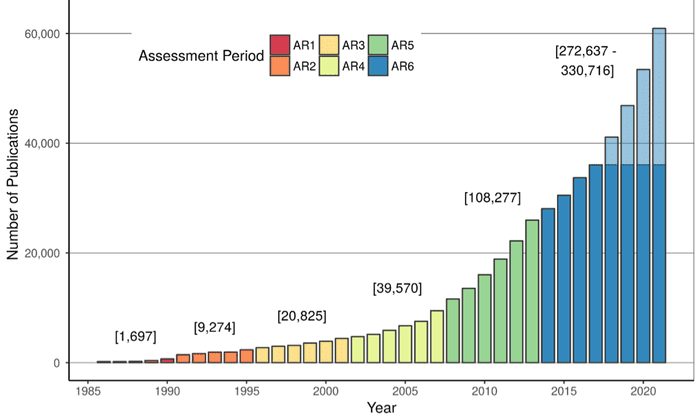
I've built an R package to scrape search results from up to 100 pages of hits from Google Scholar: github.com/nealhaddaway/G…
It's probably a bit buggy, but feedback greatly appreciated!
Here's a thread on how it works...
#AcademicTwitter #InformationRetrieval #MedLibs
It's probably a bit buggy, but feedback greatly appreciated!
Here's a thread on how it works...
#AcademicTwitter #InformationRetrieval #MedLibs
3) It then extracts the HTML code, identifies each unique record, and extracts what information is visible into a dataframe of citations 

4) A few bugs to iron out, and I need to convert this dataframe into an .ris format to facilitate repair from other sources, but it's an OK start, I think
5) Other packages like Anne-Will Harzing's 'Publish or Perish' obviously do this already, but they don't extract DOIs, and they don't function in R, hence this project
• • •
Missing some Tweet in this thread? You can try to
force a refresh








